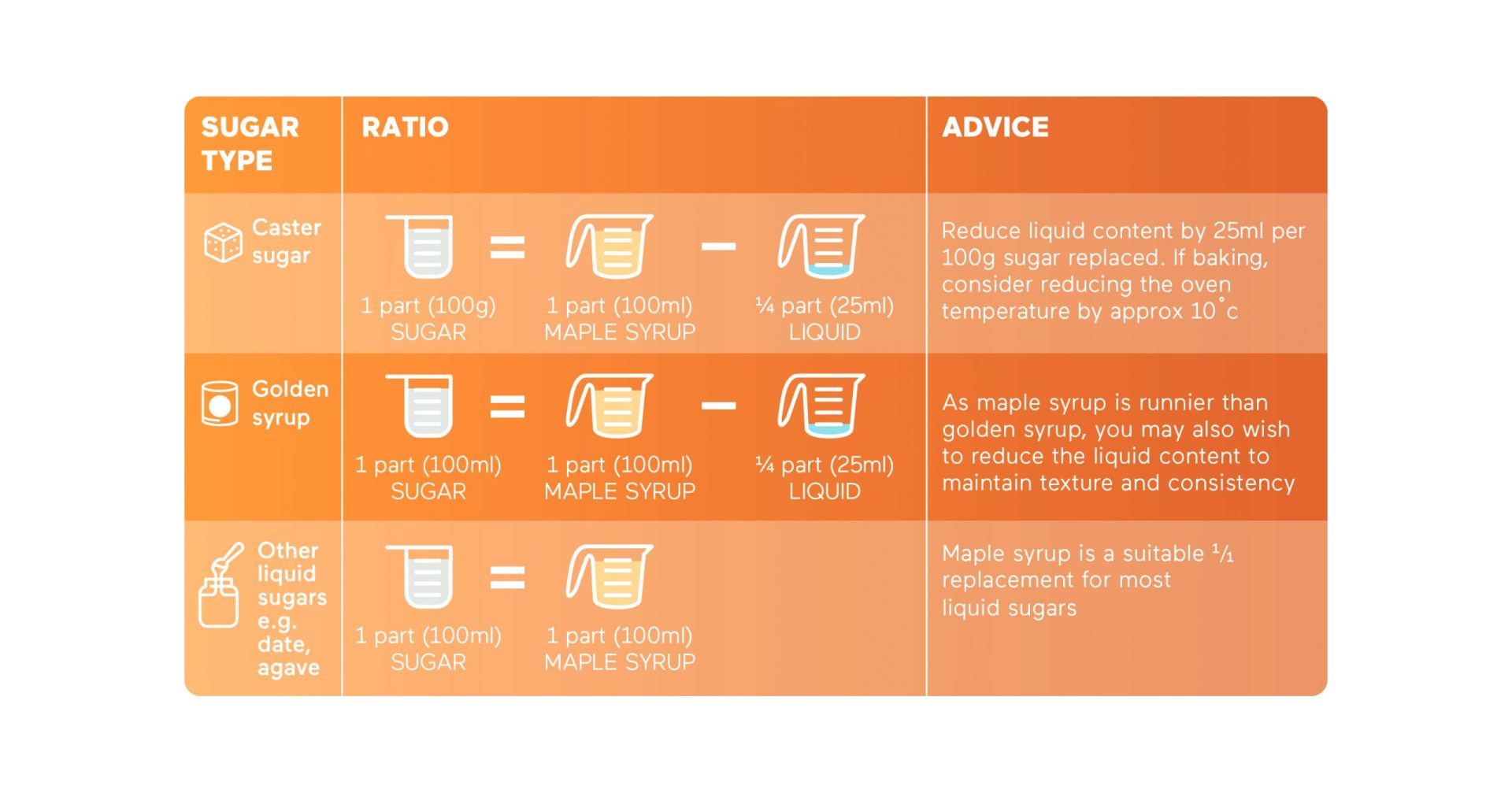
# Maple Syrup: A More Nutritious Sweetener Option with Potential Advantages for Cardiometabolic Health
An innovative new study, recently unveiled in *The Journal of Nutrition*, indicates that substituting refined sugar with pure maple syrup may greatly enhance cardiometabolic health, decrease abdominal fat, and positively affect the composition of gut microbiota. This pioneering human trial paves the way for maple syrup as a credible alternative to processed sugars, marking a significant contribution to discussions about healthful living and nutrition.
## Transforming Sweetener Selections
The research, spearheaded by specialists from Laval University in Canada and directed by Dr. André Marette, involved 42 participants aged 18 to 75. The individuals, representing a spectrum of body mass index (BMI) categories, took part in an eight-week crossover trial where they replaced 5% of their daily caloric intake with either pure maple syrup or a sucrose-based placebo. Every participant experienced both scenarios throughout the study.
The results were striking and presented several important revelations:
### ● **Blood Sugar Enhancement:**
Participants who ingested maple syrup exhibited significantly improved regulation of their blood sugar, as indicated by the outcomes of the Oral Glucose Tolerance Test (OGTT). Maple syrup appeared to boost the body’s capacity to process glucose more effectively than refined sugars.
### ● **Decreased Blood Pressure:**
Systolic blood pressure demonstrated a meaningful reduction in the group consuming maple syrup, as opposed to a slight increase in systolic pressure noted in the placebo group. Healthy blood pressure levels are essential for cardiovascular health, lending importance to this discovery.
### ● **Decrease in Abdominal Fat:**
Visceral fat—a type of fat that gathers around internal organs and is closely associated with heightened risks of diabetes and heart disease—showed a significant drop in participants who consumed maple syrup compared to those on the placebo. Minimizing abdominal fat is a key goal for numerous individuals at risk for metabolic diseases.
### ● **Enhanced Gut Microbiota:**
The research also revealed promising shifts in gut microbiota diversity. Beneficial bacteria flourished among those who consumed maple syrup, while potentially harmful bacteria linked to inflammation and adverse health effects were diminished. A thriving gut microbiome is increasingly connected to enhanced overall health, including improved metabolic function, immunity, and even mental well-being.
## The Science of Maple Syrup
What renders maple syrup such a compelling alternative to refined sugar? Unlike processed sugars, which commonly provide “empty calories” devoid of nutritional value, maple syrup is rich in bioactive compounds. Over 100 natural compounds have been identified in maple syrup, including polyphenols—plant-based compounds lauded for their anti-inflammatory and antioxidant effects.
Dr. André Marette, the principal author of the study, highlighted this, stating, “Maple syrup contains over 100 natural compounds, some possessing anti-inflammatory properties, making it a wiser sweetener choice.” These bioactive compounds may significantly contribute to the favorable cardiometabolic results observed in the study.
Furthermore, Dr. Navindra Seeram, a leading researcher of maple syrup’s health properties from the University of Rhode Island, notes that this trial marks a notable step forward in maple syrup research. “This trial builds upon years of preclinical studies, emphasizing maple syrup as a functional food with authentic health benefits.”
In comparison to other sweeteners such as agave, honey, or high-fructose corn syrup, maple syrup’s unique nutrient composition, paired with its low glycemic index, may play a role in these health advantages. The low glycemic index suggests a gradual absorption of sugars, potentially resulting in fewer blood sugar spikes post-consumption, a benefit closely related to improved metabolic health.
## Looking Forward: The Future of Maple Syrup Research
Despite the encouraging findings, the relatively modest sample size of 42 participants indicates that the results, while positive, have yet to achieve broad applicability. Larger, long-term clinical trials will be essential to validate the health benefits of maple syrup across different populations and demographics, including those with preexisting conditions such as diabetes and cardiovascular disease.
Future inquiries might also explore the health impacts of maple syrup across various metabolic conditions, as well as its effectiveness compared to other natural sweeteners.
Nevertheless, this groundbreaking study establishes a promising groundwork for future research and encourages deeper investigation into the role of maple syrup as a functional food in everyday diets.
## Key Terms to Understand
To grasp the study’s results fully, let’s explore some essential terminology:
– **Oral Glucose Tolerance Test (OGTT):** A diagnostic evaluation that assesses how well your body processes sugar after consuming a known amount of glucose, helping to identify issues such as insulin resistance or diabetes.
– **Cardiometabolic Risks:** These are factors, such as elevated blood sugar and high blood pressure, that heighten your risk of cardiovascular diseases (e.g., heart attacks and strokes) as well as metabolic disorders like type 2 diabetes.
– **Poly